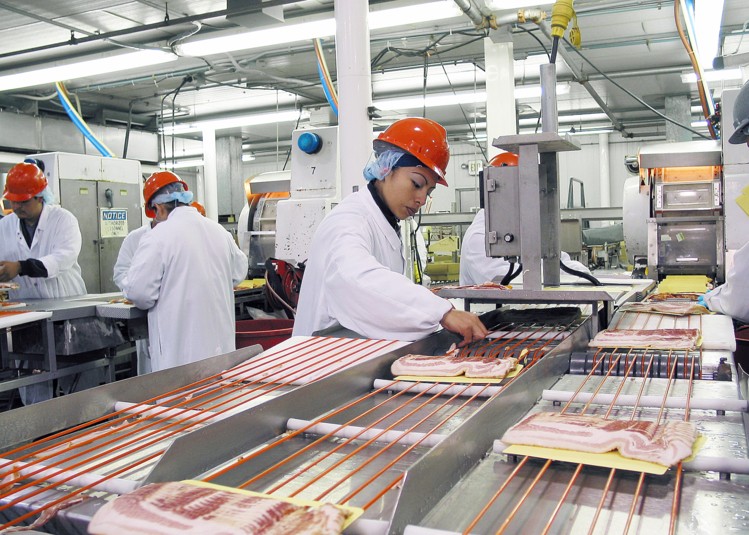ImpactAlpha, June 25 – Clean energy was first to tip. Next up in the sustainability disruption: food, healthcare and mobility systems. “We’re clearly in the era of sustainability disruption,” Lila Preston of Generation Investment Management told ImpactAlpha. With more than 250 sources and 141 slides, the $22 billion sustainable investment manager charts the drivers, indicators and outcomes of the transition to a cleaner, more circular and more inclusive economy in its third Sustainability Trends Report.
“It’s not a fringe activity anymore. It’s transforming industries across the board,” says Preston. “The scale of the transformation is even greater than the articulated capital that cares about these issues. It has to really get to the core of our economic system.”
Preston says Generation, which closed a $1 billion ‘sustainable solutions fund’ in May, sees opportunity where technology cost curves meet rising demands for a low-carbon and equitable economy.
Al Gore’s Generation Investment raises $1 billion to invest in “sustainability revolution”
Substituting meat. Growing consumer recognition of the implications of diet on climate and health is accelerating the move toward plant-based diets, meat substitutes and vegetarianism. Still, demand for meat and packaged food is on the rise and healthier alternatives are not moving fast enough. “The solution at this point may not be meeting demand,” says Preston.
Digitizing healthcare. Healthcare costs are rising as the global population ages and chronic and lifestyle diseases increase. Advances in genomics and discovery, remote care and digital health point to a more sustainable health care system. But only 3% of healthcare budgets target prevention, signaling “a massive opportunity set because of what we’re seeing in the early days of the digital disruption of healthcare.”
Electrifying mobility. “There has been quite an accelerated move to a lower carbon, more resilient mobility system,” says Preston. Electric and hybrid vehicles are growing exponentially; the global fleet has topped 5 million. In the U.S., there are more than 70,000 alternative-fuel stations. More 1,500 bike-sharing schemes have popped up around the world. At least 15 countries have set targets to phase out internal combustion engines.
Still, ride hailing has driven a decline in public transportation use, congestion still plagues most cities and more than 90% of the world’s children breathe toxic air. “Planetary health and people health are two sides of the same coin,” says Preston.
Pressure points. Investors are putting pressure on companies to join the sustainability revolution, says Person. “But perhaps we are yet to see the results of that pressure.” Climate shareholder resolutions are at an all-time high. ESG-integrated assets under management topped $17.5 trillion globally. The market for green bonds is growing. Yet valuations of the largest emitters are as strong as ever.
“The momentum is necessary but not sufficient to address the order of magnitude of what will need to happen.” Market participants have not yet fully played out and internalized sustainability risks. “If the outcomes don’t match the intent, you have to adjust.”












